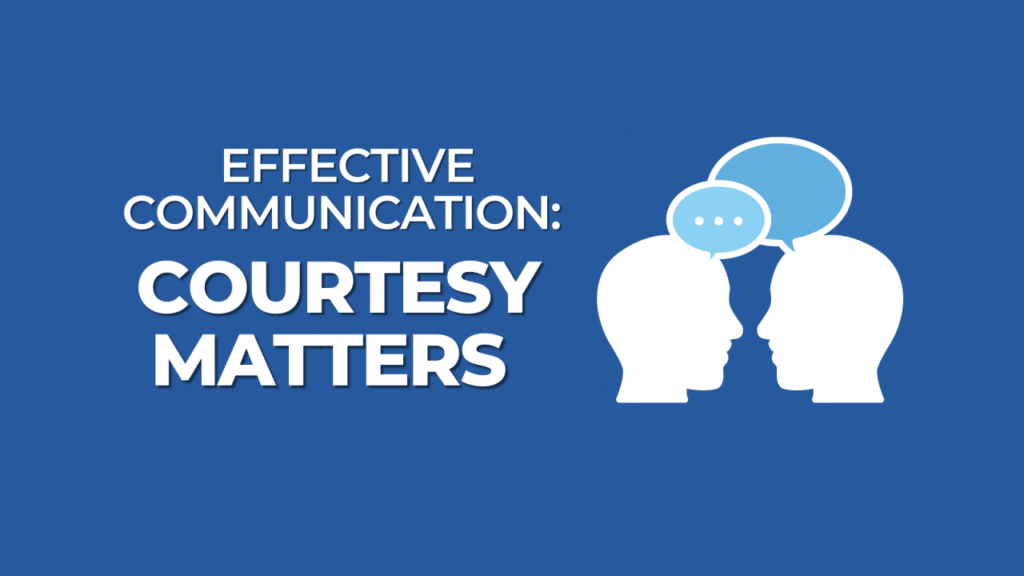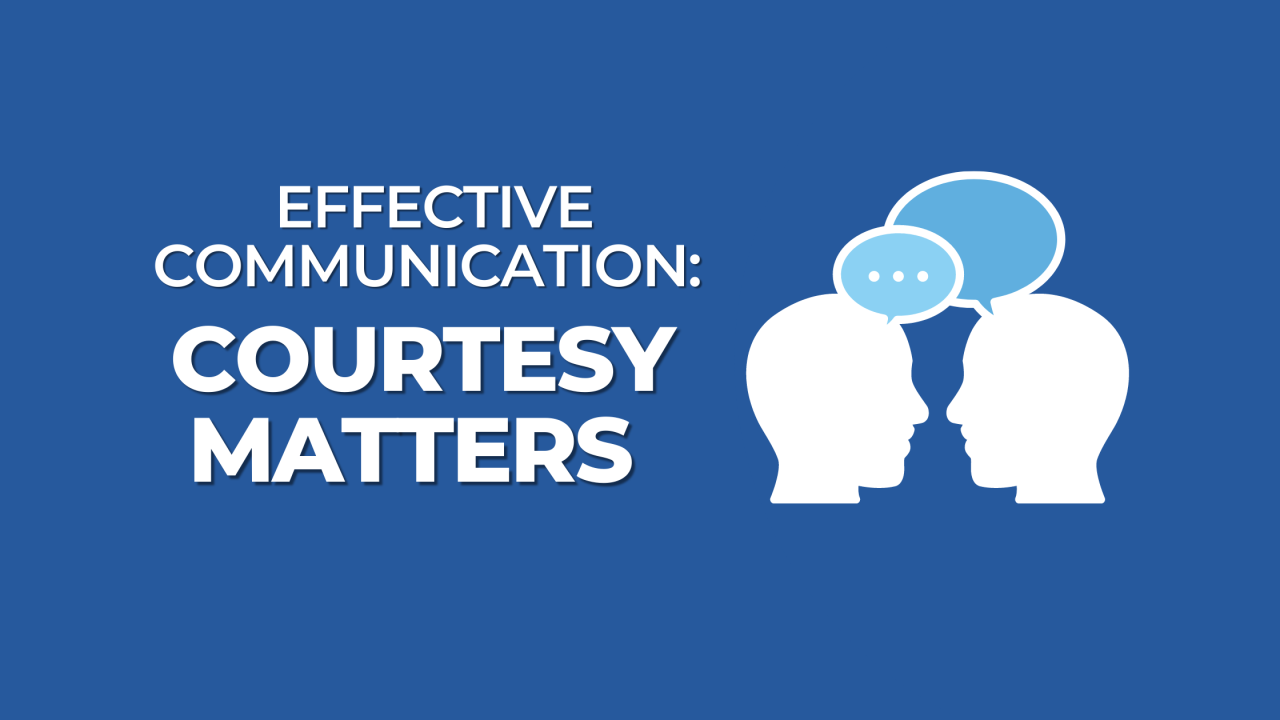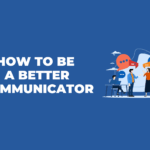
Effective communication is essential in building great professional relationships. The quality and consistency of communication are key to establishing a great working dynamic between a candidate and a recruiter.
While communication should be a top priority for any organization, keeping the lines of communication open and effective may be challenged by many limitations. On this topic, I want to share some insights on the best way to approach and handle these situations.
Assuming good intent
On a typical day, recruiters are tied up working on candidate searches, talking to dozens of candidates, reviewing resumes, doing phone interviews and collaborating with hiring managers. With this going on behind the scenes, giving a personalized touch to every single interaction can be a challenge.
Understandably, this can be frustrating to candidates who expect a prompt response. When communication issues arise, it’s best to keep things in perspective and assume good intent. In these situations, it’s important to know that the intention to keep the conversation going is always there and there’s never any intention to slight candidates who reach out.
Negative assumptions
Assumptions can easily foster negative reactions and experiences. Instead of being critical and assuming the worst, it’s best to take a different tack by directing valuable time and energy to moving the conversation forward. If you want to follow up with a recruiter, send a message explaining why you’re reaching out, the best way to reach you as well as the best time to get a hold of you.
When different vantage points are considered and negative assumptions are avoided, the recruitment process is better served.
The reasons are never personal
It’s helpful to keep in mind that the reasons behind communication delays are never personal. More so, when a recruiter is being pulled in a million different directions. That being said, it’s always important to manage reactions, maintain professional courtesy and use positive language when trying to get your message across. How you deliver the message is just as important as the message itself.
Employers get a sense of your professional brand and your work ethic by how you communicate. The ability to communicate and respond well, especially when faced with setbacks is a highly desirable soft skill. Committing to professional courtesy is critical to workplace success and can open the door to greater professional opportunities in the future.






